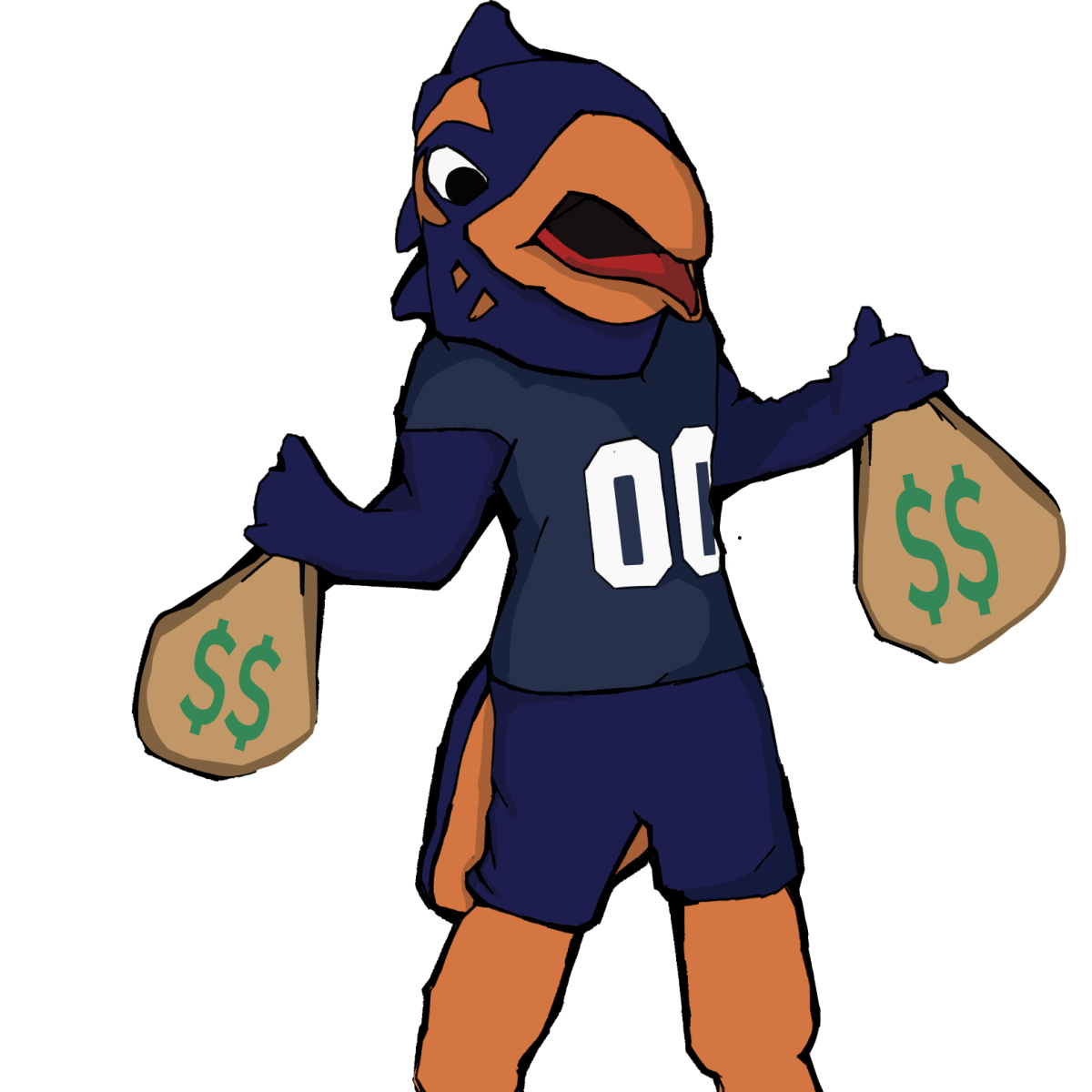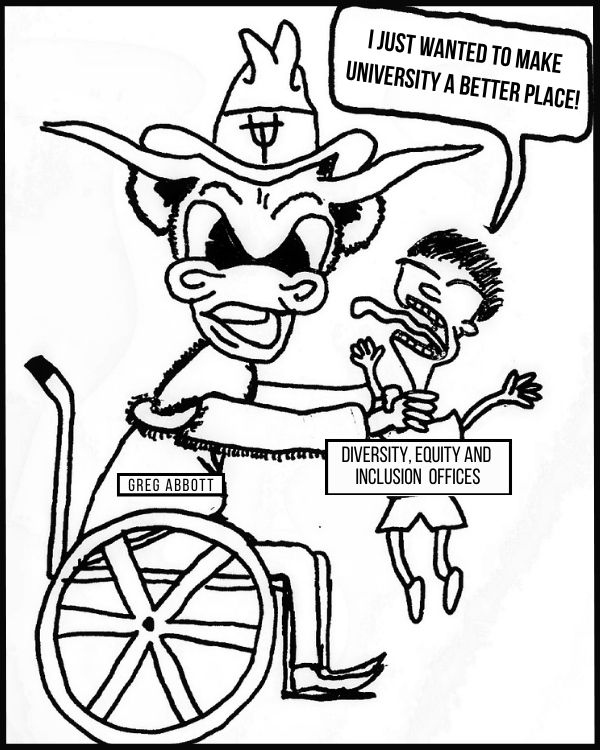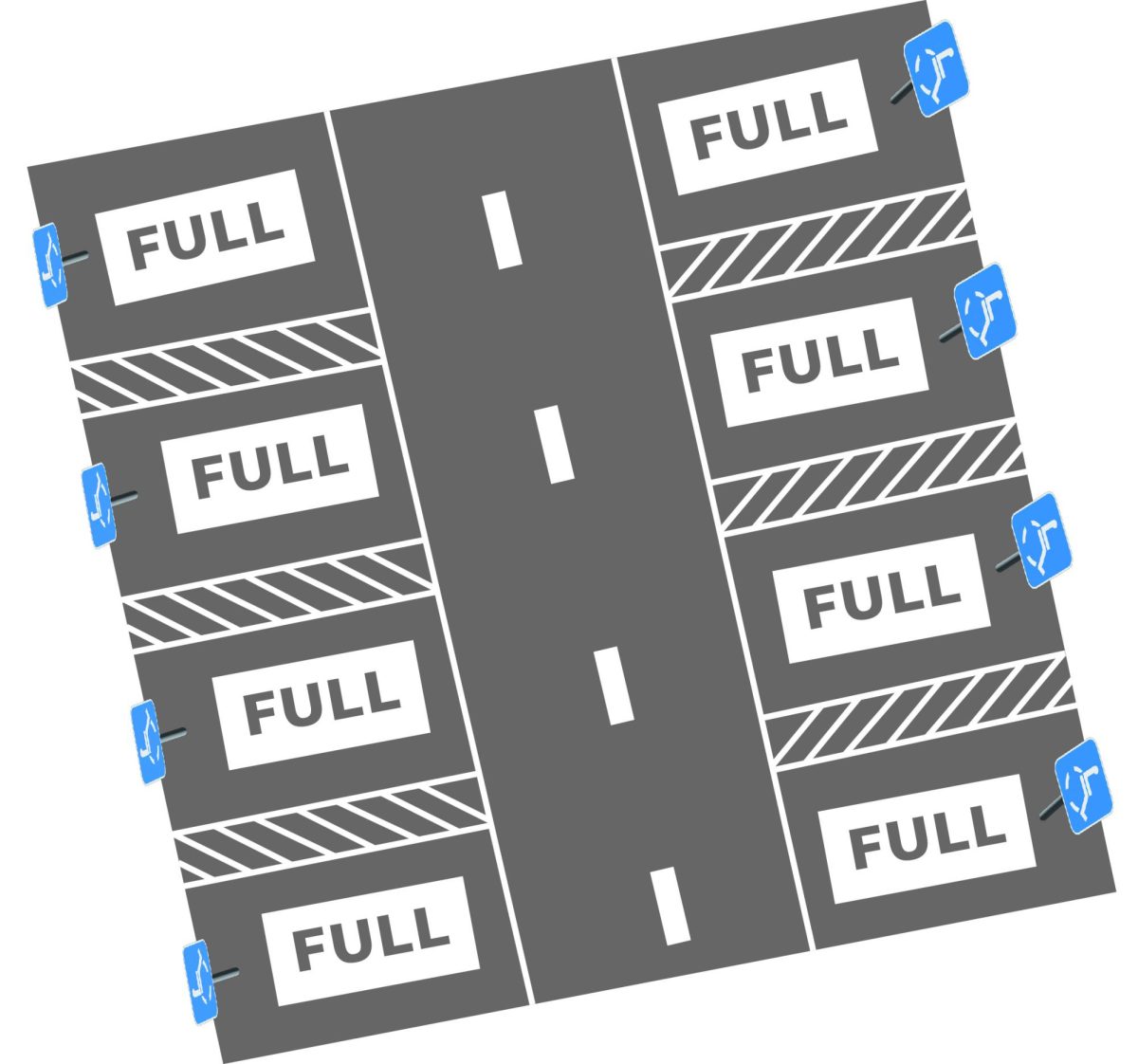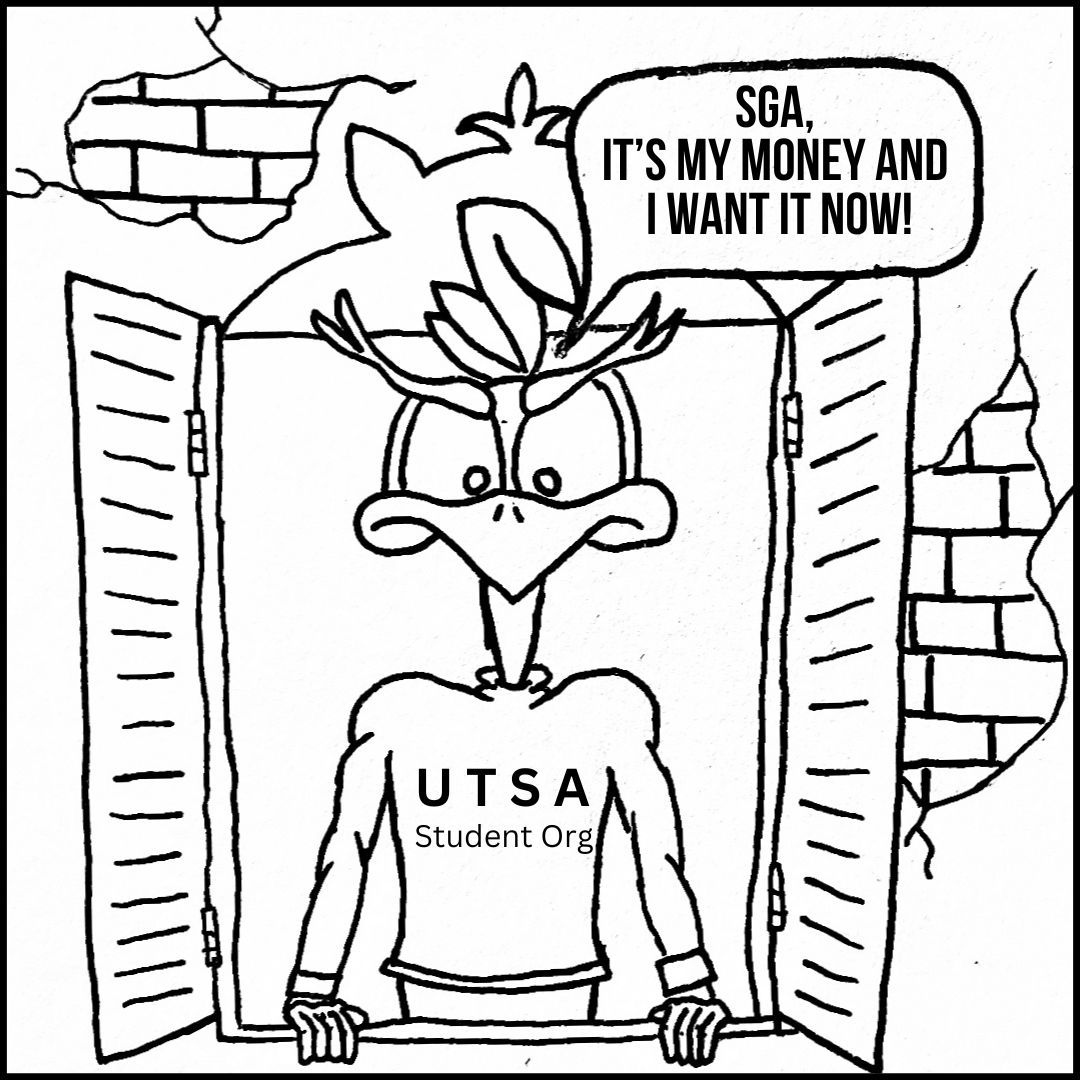Most students enter college with little or no financial experience. Being fiscally responsible is often not taught in high school classes, and unless a parent is actively involved in handling or explaining finances to their children, there are limited opportunities for a student to become financially literate before being forced into it. Twelve million university students receive financial aid annually as they work toward their degrees, which include federal Stafford loans (subsidized and unsubsidized), federal PLUS loans, federal Perkins loans and private student loans like Sallie Mae. With 60% of students accumulating debt annually, financial literacy is something that we cannot afford to ignore.
Loan debt just isn’t something we casually talk about. Asking someone about their student loans is almost taboo, and such a question may offend many students. For students, loans are something that is separate from their college mindset, something comically high to laugh about, and something to be faced at a distant time from the present. Loans aren’t questioned or examined but accepted as an everyday occurrence, which makes it easy to keep borrowing a semester at a time. Student loans escape worry because the importance of a college degree creates a real, tangible need for them. How else will you pay for housing, for food and for classes to receive a degree that will help pay your loans back in the future?
The Brookings Institute reports that 62 percent of college freshman cannot estimate the amount of debt they’ve accumulated their first year of college. And it’s not just freshmen. At public universities, 54 percent of students find themselves underestimating how much they actually owe. It is understandably difficult to think about the amount of loans accumulated when working toward a degree, and it is easy to just add another loan to get by. Debt is a scary thought, and it gets harder and harder to face as the amount grows each year. It does have to be faced at some point, and for many, that isn’t until after graduation or withdrawing from college when the first loan payment is due. It can be a shock to suddenly receive a bill for $30,000 to $40,000 that wasn’t planned for. Many students will consequently struggle to make payments. This is when students often feel their biggest regrets are ignoring or overlooking their loans, adding an extra year to college or dropping a few classes.
For how little it is emphasized, financial literacy is essential for all students, whether or not they have student loans. We all have to face our own personal finances eventually. Because of this, universities should seek to prepare students and make financial planning something required, as is the case with meeting an advisor to map a degree plan. Currently, Financial Aid is a reactionary department at UTSA, where students only tend to go when there is an issue receiving one of their loans. If students were required to meet with financial advisors as they do for their degree plans, they could map their financial plan along with their degree plan, and find themselves better prepared to face their loans. Even before college, there needs to be some accountability on the parents of these students as well. Their lives can be affected just as strongly by their children’s loans, and it is just as important that they are involved in mapping a financial plan for the future.
Right now, students may not know what the interest rate on the loans they borrow is or how much in student loans they will accumulate by graduation. The choice is whether or not to face the inevitable and plan ahead or continue to fearfully ignore them, until being shocked and overwhelmed when forced to start making payments. We cannot ignore our own debt, and it is never too late or too early to plan for what you may be facing after graduation.

















